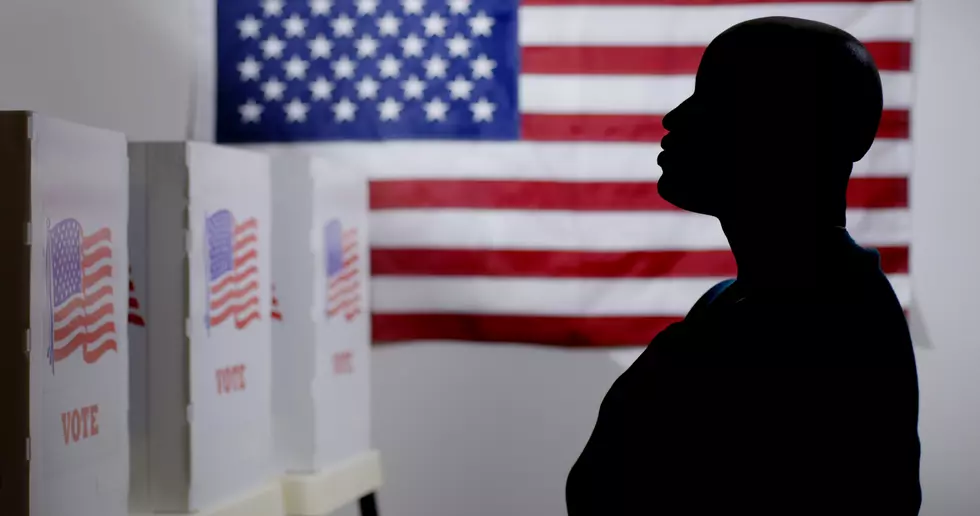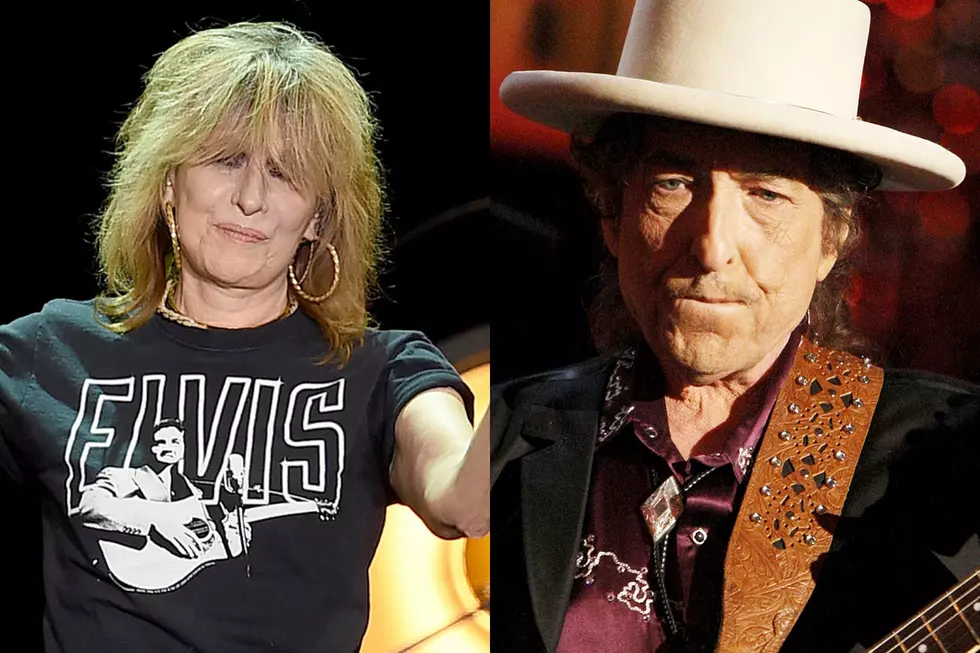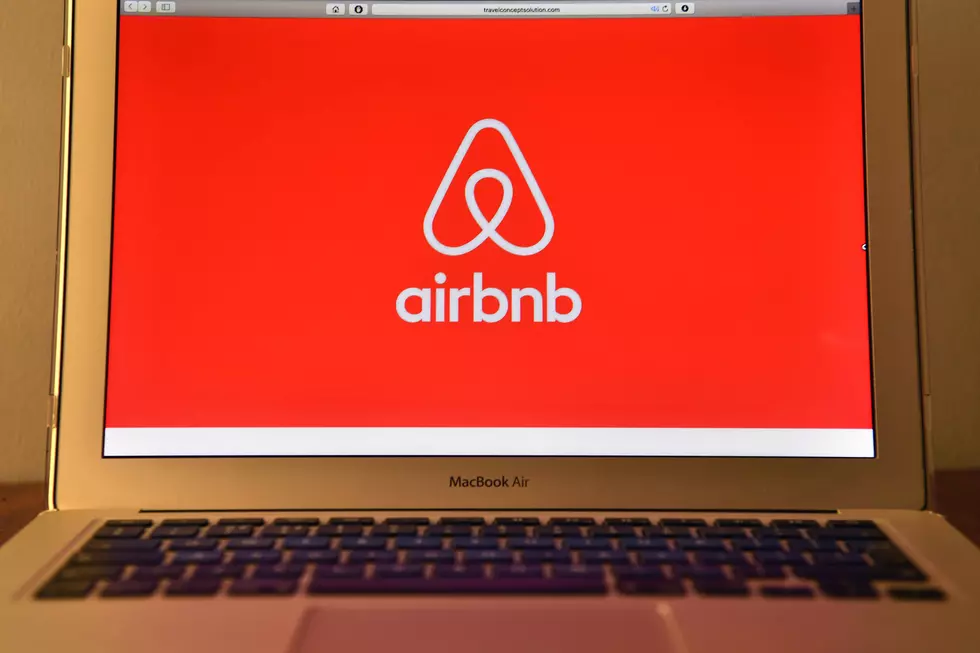
50 Political Terms You Need to Know for the Upcoming Election
Words have the ability to evoke specific emotions and sway an electorate. Politicians and members of the media use carefully chosen words to present ideas, and the disparities between how the day’s major issues are described—and how voters respond—couldn’t be starker.
Virtually every wedge issue in today’s politics has its own set of words around it, co-opted by a specific political party with words that reframe debates around those issues. Whether tax relief, pro-choice, Socialism, Obamacare, or free college, the language we use to describe some of today’s most pressing issues helps determine how those issues are understood—or prove to cloud their true meanings.
Yet for how inundated we are with lightning-fast news cycles and a saturated media market, it’s striking how many political terms get batted around without the public having a clear understanding of what they all mean.
Take caucuses, for example. Every four years, Iowa kicks off the primary voting season with a caucus. The process involves people from a political party gathering to determine which candidate to vote for rather than individuals voting in booths. People go to assigned precinct locations and participate in hours-long meetings where cases are made for different candidates.
“Caucus” is just one of many political terms relevant to the 2020 election that eludes a good percentage of people in the electorate (a point only exacerbated by this year's debacle with the app used to report results). To simplify things ahead of the 2020 election, Stacker consulted recent headlines and polling on major issues to come up with 50 terms related to various policies, voting issues, and social reforms being discussed by the presidential candidates.
LOOK: Here are 50 political terms you should know before the upcoming election
More From Rock 104.1









